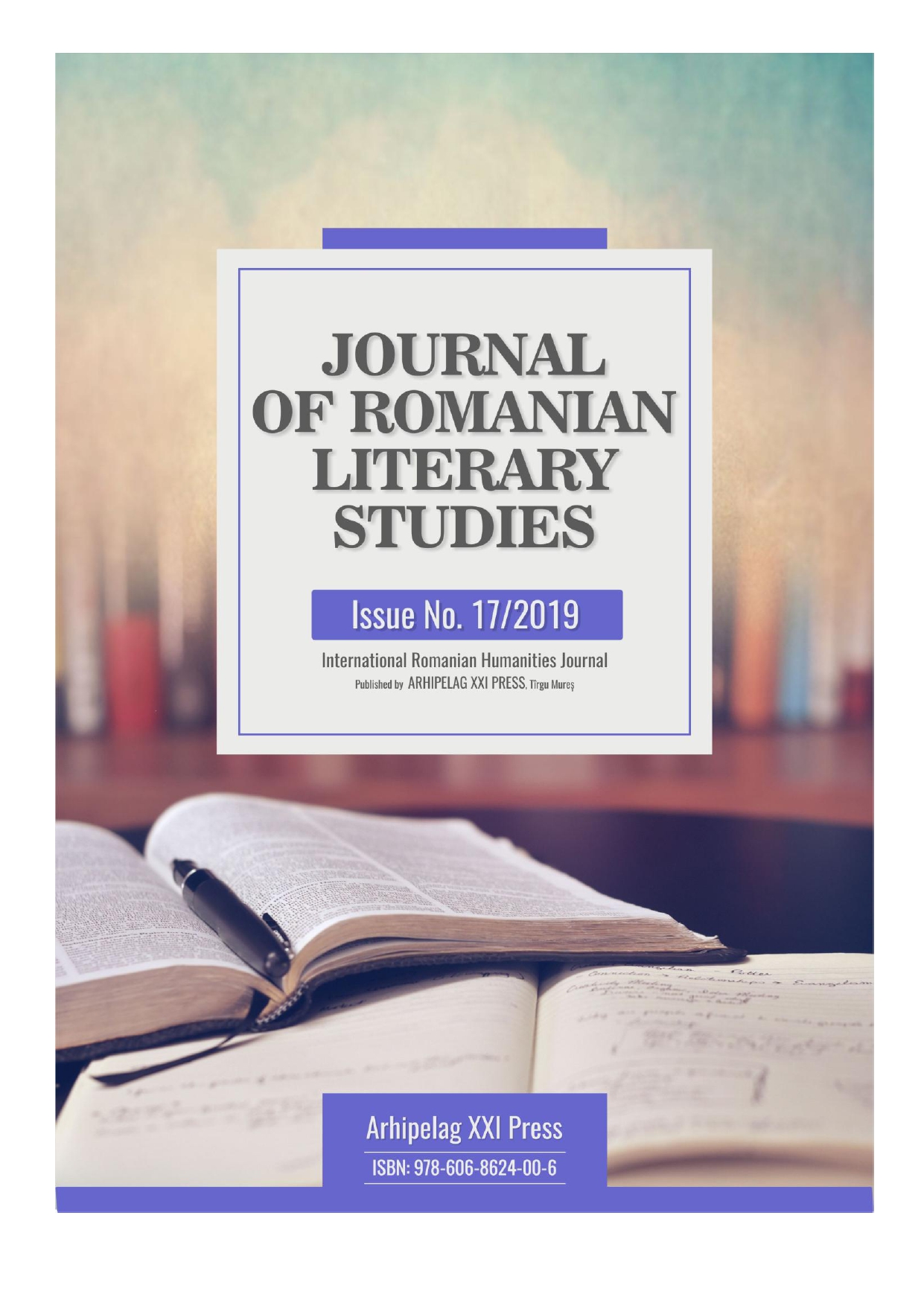LES HONGROIS DE LA ROUMANIE ET LEUR ALTERNANCE CODIQUE
THE HUNGARIANS IN ROMANIA AND THE ALTERNATION OF THE CODE
Author(s): Eliza-Maria BițăSubject(s): Applied Linguistics, Lexis, Historical Linguistics, Finno-Ugrian studies
Published by: Editura Arhipelag XXI
Keywords: multilingualism; bilingualism; Hungarian; code switching;
Summary/Abstract: Although not long discussed and studied, code switching must have always existed and not been perceived otherwise than normal by its users, speakers with more than one mother tongue that have been able to communicate freely using all languages, mixing their grammar rules or vocabularies and still understanding each other, creating, therefore, a code that existed only in their region.The most common examples are known as Spanglish and Franglish. The Hungarians of Transylvania have also invented several smaller-scale linguistic codes of this kind, spoken in different cities and a larger-scale one, understood by every Hungarian in Transylvania - the Hungarian of Romania, with different word order, vocabulary, word formation both from Romanian and from standard Hungarian, and illustrating all the types of code switching identified by scholars. This article analyses this new linguistic code history of Transylvania and compared to the surrounding areas, giving examples of Transylvanian Hungarian.
Journal: Journal of Romanian Literary Studies
- Issue Year: 2019
- Issue No: 17
- Page Range: 509-517
- Page Count: 9
- Language: French

